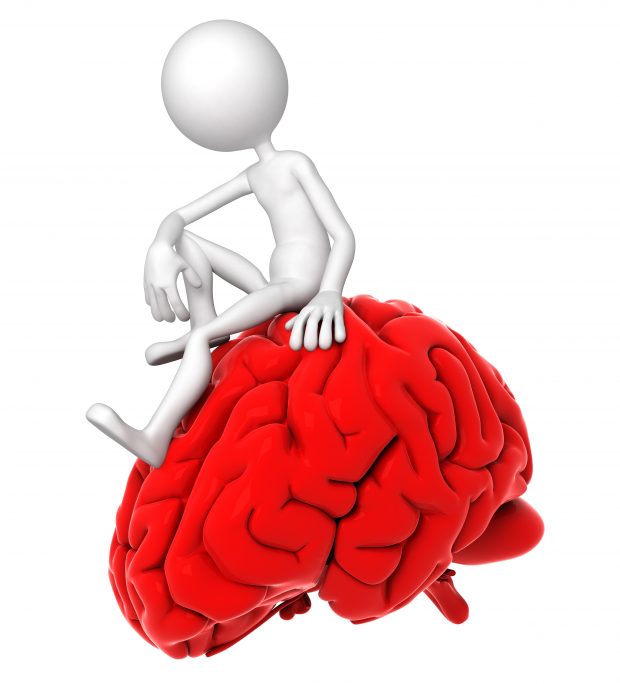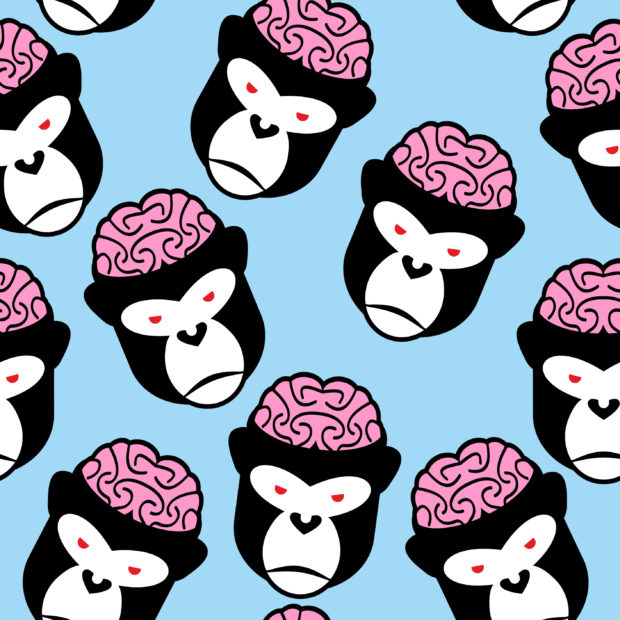Many people believe that NLP is a myth.
A “pseudo-science.”
Some kind of snake oil scam.
And for most people, it is.
That is actually GOOD NEWS.
This is how it’s generally taught.
Somewhere along the line, the idea popped up that NLP could be “unconsciously installed” into people.
That all you had to do was sit in a seminar and sort of “soak” up the ideas and techniques.
When you finished, you took a VERY EASY test, and received your NLP certificate.
The VAST MAJORITY of NLP “Practitioners” and “Trainers” have gone through this kind of “training.”
This is how people “experience” NLP.
They hear somebody talk about it.
They do a few exercises in the seminar room, and BAM!
Everybody’s a “practitioner.”
But consider learning something else like that.
Say, a martial art.
Suppose you took a two week course in martial arts.
And they actually gave you a black belt, after giving you a VERY EASY test.
How confident would you be in your “fighting” abilities?
Or how about playing a musical instrument?
Suppose you took a two week intensive course on songwriting.
And before this “music practitioner course” you didn’t know ANYTHING about music.
What would your musical skills be AFTER this two week seminar?
Clearly, when learning skills like music or martial arts, we instinctively know it will take a LONG TIME to learn them.
But something that is MORE COMPLICATED (human communication) we somehow think we can become “master practitioners” after a couple of weeks.
Is it any wonder that most folks think that NLP is a pseudo science?
But here’s the good news.
Not only is NLP EXTREMELY POWERFUL, but you don’t need to learn it from a seminar.
The actual techniques are very simple.
But they take PRACTICE.
And just like anything else, the more you practice, the better you’ll get.
Now, if it’s important to have a “certificate” that says you’ve got some kind of cool skills, that’s one thing.
But if you WANT the actual SKILLS, then you can get started today.
Because if you take just a few minutes a day of mental practice, pretty soon you will have MORE skills than even the most famous NLP Trainers.
So instead of running around talking about NLP, you can USE NLP to create a magnificent life.
And you don’t need to tell anybody.
Get Started:




